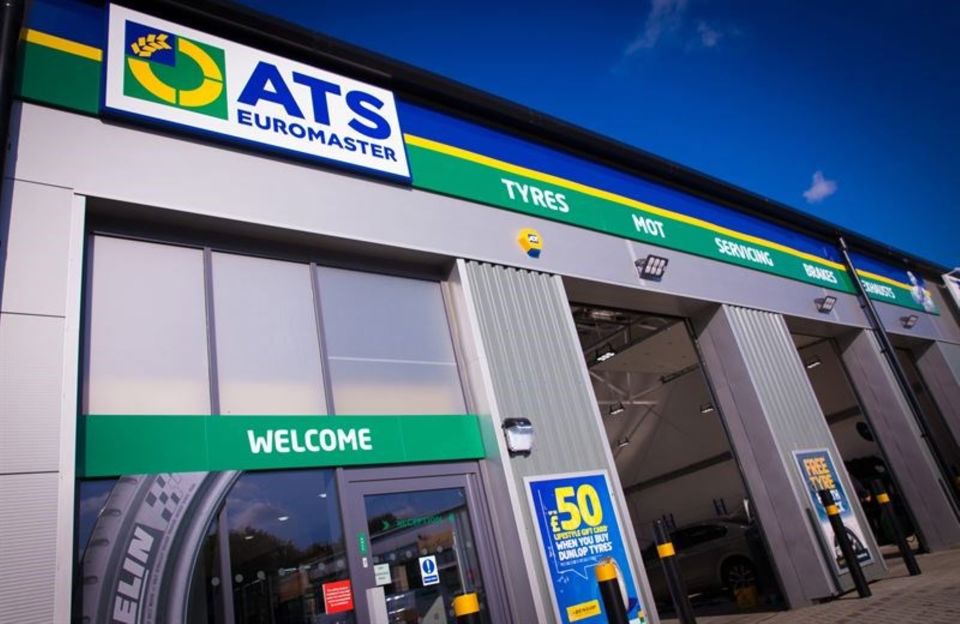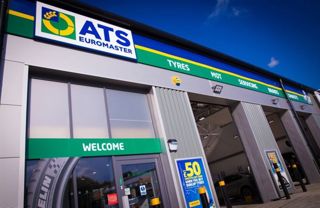ATS Euromaster says that identifying potential maintenance issues in advance is becoming increasingly critical for “cost-effective fleet management”.
The tyre service and maintenance provider says that fleets are placing vehicles under critical stress as assets are virtually in constant use.
Known as ‘double-shifting’, fleets are using one van for two driver shifts in order to meet the increasing demand for home delivery that has been accentuated by the Covid pandemic and the increase in consumer convenience demands.
Such a practice extends the operating hours of the fleet and business, while meeting the Working Time Directive for drivers.
Mark Holland, operations director at ATS Euromaster, said: “In practice it means that vehicle downtime is more of an issue for last mile delivery fleets than the actual cost of maintenance. So, identifying potential maintenance items in advance is becoming an increasingly critical area for efficient and cost-effective fleet management.”
All vehicles serviced at an ATS centre - whether for a tyre change or scheduled SMR work - are provided with a Digital Vehicle Health Check (DVHC).
Any defects, recommendations and advisories are recorded on a tablet by an ATS technician, ensuring all work identified and completed is clearly displayed for the customer.
Holland continued: “This means we can identify future spend now. It enables fleets to plan and budget for preventative maintenance and they can budget for this.
“For example, a customer may visit us with a brake issue thinking a change of pads is required. But we identify warped discs, which will also mean a change of brake fluid.
“We refer the vehicle for rectification of all three items. If the full brake change cannot be completed that day we re-book the vehicle for a time when all three items can be replaced at once.
“Helping customers proactively identify issues means we can save customers critical vehicle downtime. When uptime is so essential, this is a significant saving for the fleet operator.”
ATS says that proactive vehicle maintenance can assist fleets to first time MOT passes and reduce costly vehicle off road time. According to Government data, up to 29% of light commercial vehicles fail their MOT on brake defects.
“With fleets having to run vans more intensely on longer life cycles thanks to the lack of vehicle availability, taking a more holistic approach to SMR maintenance means downtime can be reduced, and overall costs managed more efficiently,” added Holland.






















Login to comment
Comments
No comments have been made yet.